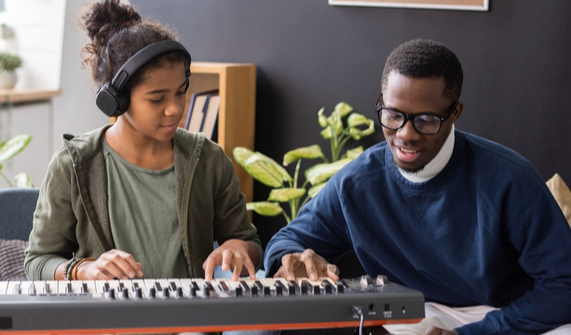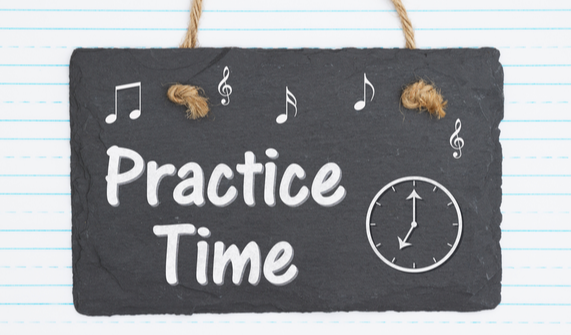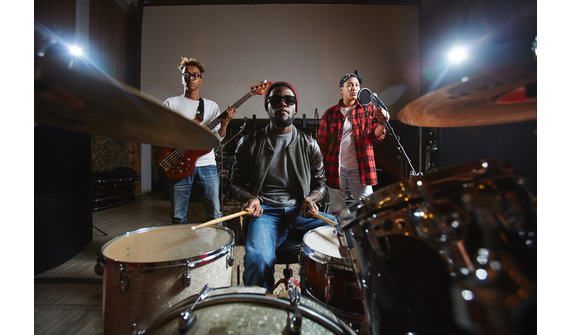
How Can I Make Music Part Of My Lifestyle As A Musician
In last week’s blog, we looked at how we can make music part of our lifestyle as a listener. This week, let’s look at how to do this from the perspective of the developing musician, specifically one that has the challenges of a day job, family and other life items that will compete with the realities of time. Planning, as with many things in life, becomes the key to success. Start with making a to-do list or a calendar event to plan your practice sessions throughout the week. Let’s look at some strategies that go beyond the planning stage which might help you develop and spend more time practicing your instrument.
In Sight, On Mind
Keeping your instrument in plain sight will help as a reminder to pick up that instrument and spend some time on it. Vocalists may have an easier time doing this due to the nature of their instruments, but musicians with actual instruments can leave them in a safe place that they pass by a lot. It’s amazing how a few minutes add up to a significant time on the instrument. Back in the day of the penny (it’s been eliminated in Canada for many years now), the expression “watch your pennies and the dollars will come” offers a relatable sentiment. If you pick up your instrument in passing for 5 minutes 5 times a day, that’s an extra 25 minutes of practice time. You can play through a couple of major scales, the head of a song, chord changes, or anything that doesn’t require a music book or sheet music. Even playing a simple melody you hear in your head will provide not only time on the instrument but some valuable ear training that is beneficial to all aspects of your development. You might also want to think about having not only time-based tasks but also action-based learning. For example, instead of saying “I will practice for 30 minutes every day”, you could say “I will play the F, Bb, and Eb major scale cleanly three times today”.
Keep A Record Of Your Practice Sessions
Progress is encouraging when it is noticeable. However, there are many progressions that happen in the long term which are hard to notice in the short term. Writing down information such as how fast you can cleanly execute a phrase or major scale today and then comparing it to what you did a week ago shows progression. You might have only increased your tempo by 5 beats per minute, but this is a progression that is a wonderful and positive experience. It adds to the motivation to integrate musical development into your lifestyle.
Dedicate A Space
There is something to be said about a change of environment, however, at times the brain does like predictability and familiarity. Having a dedicated practice space will allow you to be in an environment where the brain knows that it’s time to practice. It’s also good to have a space that is laid out with the tools needed for the practice session. A music stand with the music or exercise ready, pencils sharpened ready to take notes, music books an arm reach away, and the instrument ready to be picked up and played are a few things that will allow you to be efficient with your time in the practice room.
These three tips should help you get started with having music as a consistent part of your lifestyle. Being organized, planning, and having access to your music and instrument makes the process more efficient and enjoyable.
Now that you are aware of these tools and strategies, what else can you do to help your journey to becoming the musician you want to be? Check out THIS BLOG if you are an Adult Learning to Play Music and CONTACT US for private online music lessons to fast charge your progress on any instrument.







